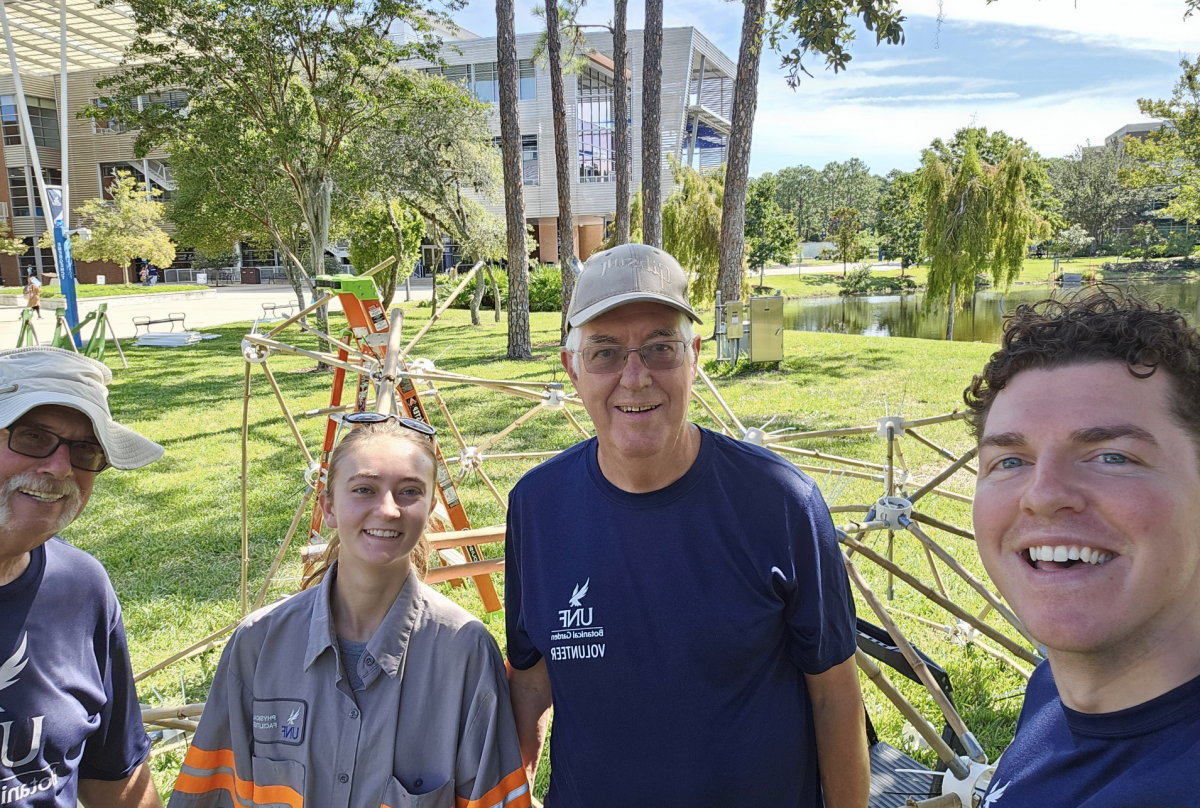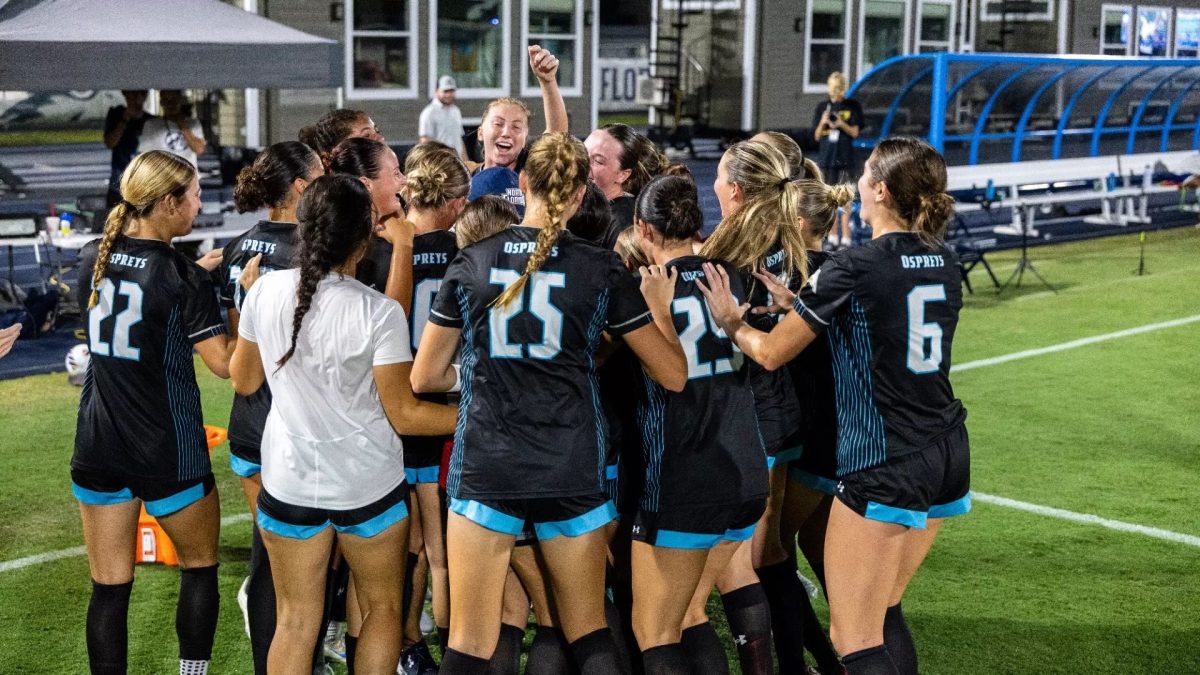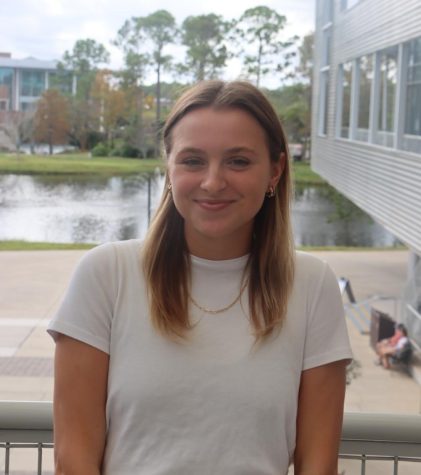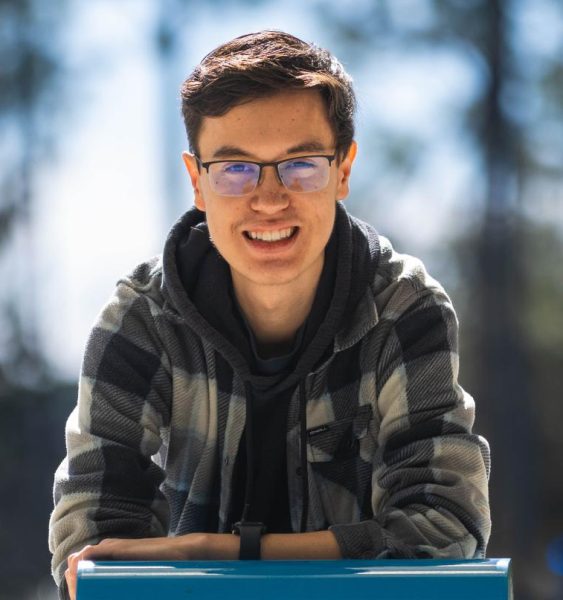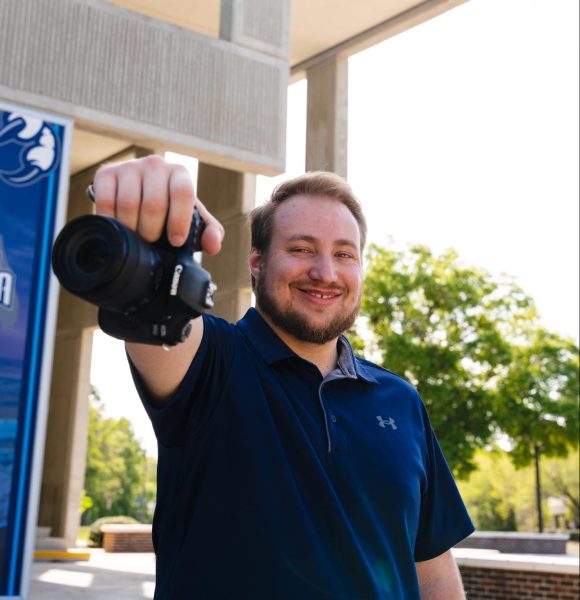It’s been six months since Florida Gov. Ron DeSantis pledged to defund all diversity, equity and inclusion programs at Florida state universities and the battle that has raged since has placed DEI staff in its crosshairs, left uncertain and unaware about their future.
Even now, on the day before the bill takes effect, staff within the University of North Florida’s Office of Diversity and Inclusion (ODI) are left waiting for what’s to come. For those at the University of North Florida, there has been no definitive word about the future of the centers and their employees, according to one staff member. The time hasn’t been easy for those who work in the centers at risk of being removed, given the uncertainty around what exactly will happen when that promise is fulfilled.
Asked whether there is a plan for the university’s ODI departments or not, UNF provided the following statement earlier this week:
“UNF continues to await regulatory guidance from the Florida Board of Governors as required by law. The BOG is also working with the State Board of Education on a timeline for implementation. Please know that the University is doing everything possible to maintain employment for employees in areas that could be affected. As a university, we remain committed to ensuring that our students, faculty and staff continue to have the support and services they need to be successful.”
On Friday afternoon, Limayem released a campus-wide email about potential impacts of the new law.
“UNF does not anticipate making changes that would affect our DEI staff until we receive this guidance, and I want our campus community to know that the University is doing everything possible to provide opportunities for employees who could be affected by the new law to ensure they maintain employment at UNF,” he wrote.
A perspective from the ground
Matt Hartley, director of the university’s Interfaith Center, is one of those who said he has felt agonizing suspense over whether he will have a job starting July 1 and what will happen to the many students that the Interfaith Center serves.
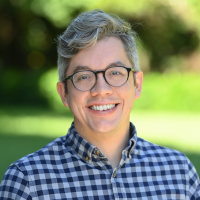
Spinnaker sat down with Hartley to discuss what the last six months have been like for him and not knowing what’s to come. This interview has been edited for clarity and concision.
What are the feelings you have felt over the last week leading up to when you’re supposed to hear whether you have a job or not?
It feels like we’ve been stuck in uncertainty for six months. That’s not going to change anytime soon, and that’s pretty depressing.
How would you say it’s impacted not just your mental health, but your physical health, recently?
Throughout these months, I’ve felt my career under attack, and I’ve felt my students under attack. I felt that emotionally very strongly in my body this week, I think, because we’re welcoming new students to campus, and we don’t know what things are going to look like a week or a month from now. I just felt my body kind of collapse, metaphorically, but what it felt like was chest tightness. And I’m like, well, I better go to the doctor, it could be anxiety, but you know, who knows? Nobody needs to get a heart attack.
What would you say has caused this anxiety?
It’s like all of the stages of grieving at once. It’s anger, it’s despair, it’s bargaining. And all of it is happening in this moment because we know the deadline, and we don’t know exactly what will happen starting next week, but we know it will start to happen. Or we know that we’ll still be in the state of limbo. And that’s really agonizing.
Earlier this week, the New York Times published an opinion piece with you and other UNF members as sources. Why have you decided to speak out more in recent months?
I think that our campus losing diversity and inclusion programs, or even them being under threat, is something that we should be talking about openly on campus, and in our community, because this is a community institution.
That’s why I’ve spoken out constantly over the six months and sometimes to the media. I’ve always tried to focus on the problem, which is really ultimately coming from the state. But I want to highlight that, that’s what’s causing all of these downstream effects. The administration doesn’t know how to respond to this law, because the law doesn’t say how to respond to the law. So, in any case, I speak out both for my own sanity, because it feels like I just need to say this, somebody needs to be talking about this.
I mean, maybe there’s some kind of sense of obligation as well, and I do know people who are not saying how this is affecting them. I know people who have left the university because of this. And I know people who say they’re glad someone is saying something because a lot of people are suffering in silence.
Would you say that your feelings of uncertainty are something that others in departments of the Office of Diversity and Inclusion share?
I think it’s fair to say that if you go back through our staff meetings and this is without divulging any particular details, for three months or more, we’ve been talking about how uncertain this is and how painful it is. That’s been constant. That was in March, it was in April, it was in May. Now it’s in June, and it’s about to be in July.
You mentioned before that it’s not necessarily the UNF administration’s fault, but it’s coming from the state, and UNF doesn’t know how to respond. What would you say about the current administration’s response to these issues now?
The thing I struggle with the most, is wanting to feel more supported and wanting to feel like there’s more of a champion for our work, our careers and our students.
I totally understand the difficult political situation. And I think that we have leaders in our university who do care about the work. But I think the level of silence and the ways that there was silence, added to the feelings of uncertainty which led to more pain. And so you know, that’s the thing I struggle with, even as I know that the people who are responsible, the buck stops with the state. But there’s a kind of support that I think I’ve missed.
When Limayem was first hired or even as a candidate for UNF, I recall you being one of the very arguably vocal supporters of seeing him as a leader in the community, do you believe he has upheld those responsibilities to the community?
I was really excited about President Limayem as he was coming in. He spoke a lot about the diversity, equity and inclusion work that he did at USF. He came in really strong, meeting with our students and supporting, for instance, interfaith work, which I really appreciated. So that’s what you’re talking about. Those are the things that I said, at the time.
And at the beginning of this year, when we started to face these announcements about what was going to happen, and it’s not just diversity and inclusion, it’s what faculty is facing as well and students. I saw the president tried to do some town halls, which I think was good. Since then, and to answer your question, if he has upheld his advocacy of those areas, of that kind of work, I haven’t seen it.
What was the final factor that tipped you over the edge and said, ‘I need to speak about this more’?
Well, there’s some things that do change on July 1, and one is that there does have to be an effort to actively comply with this law. And, again, we don’t know if that’s going to be days or weeks or months. But up until now, the law has not been in effect.
And I will say that we’ve been told and diversity and inclusion throughout this year that we should keep on doing what we do. There are some exceptions to that, obviously, especially with the you know, the issues with drag and the LGBTQ center. But this July 1 changes things.
I think that was for me a sense of, well now the changes are going to have to start to be figured out in whatever timelines, so we better be talking about it, we better be figuring it out together. And again, I always think when we have a crisis, there’s a community win. Communities can figure things out together, we have the resources, we’re much better together than we are isolated. So that’s, that’s part of why I’m speaking more right now.
And I hope people take lessons from this time. I’m talking about my agony and pain, and I’m just the one talking about it. I’m also somebody who has a lot of privileged identities. And the number of laws that are affecting me are a lot less than the ones that are affecting other people in the state right now. I really think it’s important for our leaders to sit back and reflect on whether they really have been advocates and taking care of their people. We’ve got to take care of our people, and if they’re not being taken care of, that needs to be known. People need to speak about that.
I know there’s a lot of people who really care about getting things right in the university, but just feel so without guidance for how to make things work. There’s going to be a lot of things that are going to be uncertain in the weeks and months to come.
But what is real is the impact on people, and we should really be talking about that. It’s like I said, it’s monetary. It’s physical and mental health. And we can’t just walk along pretending like this isn’t happening.
___
For more information or news tips, or if you see an error in this story or have any compliments or concerns, contact editor@unfspinnaker.com.





